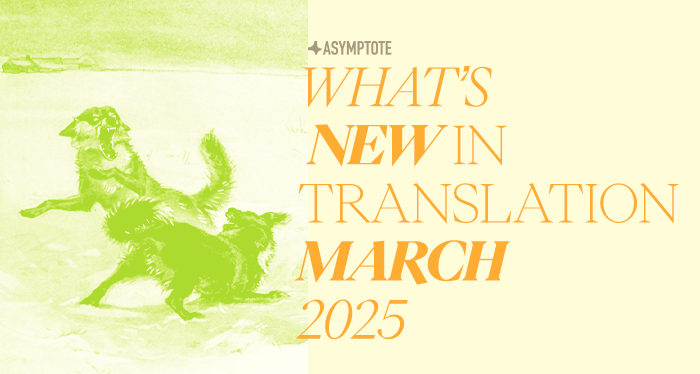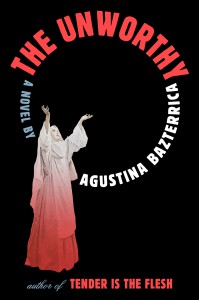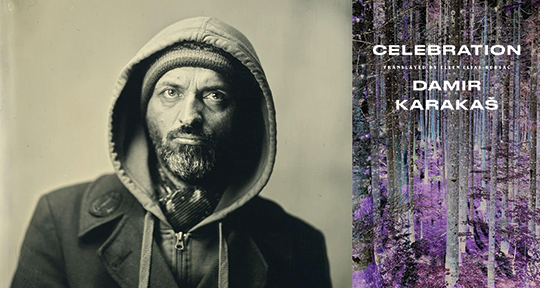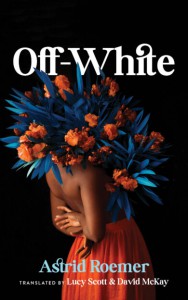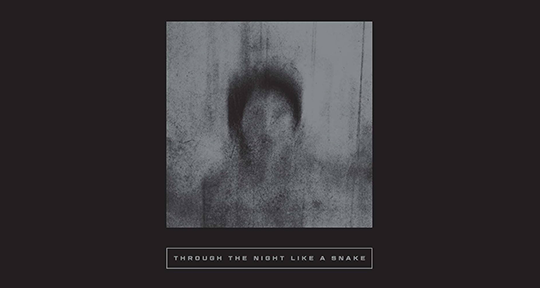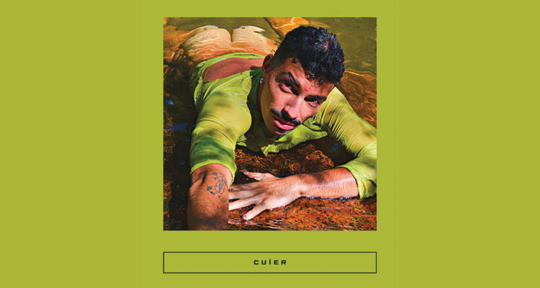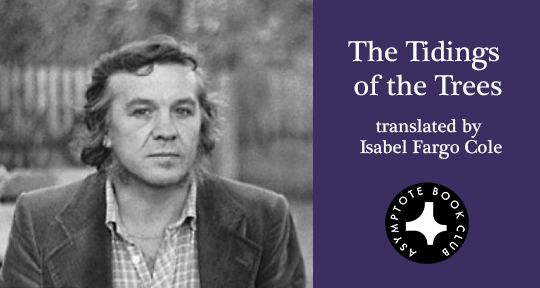This week, our editors bring you the latest on a prestigious poetry award in North Macedonia; a Filipino comics movement leading the boycott of the Frankfurt Book Fair; and Hong Kong’s ever-exciting and evolving international intersections in letters.
Sofija Popovska, Editor-at-Large, reporting from North Macedonia
Throughout the years, the main event in the Macedonian literary scene has been the Struga Poetry Evenings’ awarding of the prestigious Golden Wreath, which has gone to lauded writers such as W. H. Auden, Allen Ginsberg, Pablo Neruda, and Ted Hughes. This year, the prize is given to the Slovak poet Ivan Štrpka; the decision to crown him as this year’s laureate was unanimous, for his “rich, authentic and significant poetic corpus created over six decades.”
Štrpka, born in 1944, has maintained an engaged approach to art from the beginning of his career, committing himself to both moral and aesthetic values and continually incorporating contemporaneous cultural themes. In the 1960s, together with the poets Ivan Laučík and Peter Repka, he founded the poetry group Osamelí bežci (Lonely Runners), and together they composed a manifesto celebrating “freedom of thought . . . individual responsibility and the rejection of communist dictatorship and censorship”—which was subsequently banned. (For those interested in finding out more, a documentary titled Lonely Runners: Moving On!, directed by Martin Repka, was released in 2019 and focuses on the friendship of the three members.)
Štrpka’s priorities are embodied in his writing, which illuminates—in the words of poet and member of the Macedonian Academy of Sciences and Arts Katica Kulavkova—“everyday life . . . fragments [of] interpersonal relationships, the relationships between man and woman . . . individual and society . . . the physical and the emotional.” Kulavkova also notes that the “intimate, meditative, communicative . . . dimension” of Štrpka’s work is in many ways achieved via his poetic style, which she describes as “unpretentious [and] subtle” and “filled with detail.” READ MORE…


